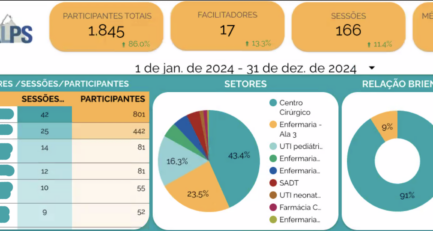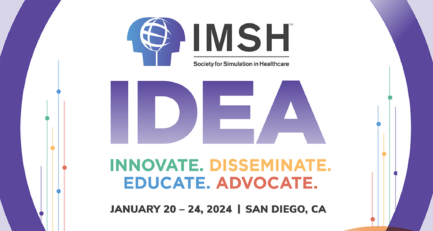CMS faculty members Jenny Rudolph, Dan Raemer, and Robert Simon were authors in two articles published in the December issue of Simulation in Healthcare: The Journal of the Society of Simulation in Healthcare. Congratulations to Jenny, Dan and Robert and to Adam Cheng of KidSIM-ASPIRE Simulation Research Program/Alberta Children’s Hospital who was the lead author in one of the articles written with Dan Raemer.
Articles:
Establishing a Safe Container for Learning in Simulation: The Role of the Presimulation Briefing
Rudolph, Jenny W. PhD; Raemer, Daniel B. PhD; Simon, Robert EdD
Simulation in Healthcare: The Journal of the Society for Simulation in Healthcare:
December 2014 – Volume 9 – Issue 6 – p 339-349
doi: 10.1097/SIH.0000000000000047
Author Information
From the Center for Medical Simulation (D.B.R., R.S., J.W.R.), Massachusetts General Hospital (D.B.R., R.S., J.W.R.), Harvard Medical School (D.B.R., R.S., J.W.R.), Boston, MA.
Abstract
In the absence of theoretical or empirical agreement on how to establish and maintain engagement in instructor-led health care simulation debriefings, we organize a set of promising practices we have identified in closely related fields and our own work. We argue that certain practices create a psychologically safe context for learning, a so-called safe container. Establishing a safe container, in turn, allows learners to engage actively in simulation plus debriefings despite possible disruptions to that engagement such as unrealistic aspects of the simulation, potential threats to their professional identity, or frank discussion of mistakes. Establishing a psychologically safe context includes the practices of (1) clarifying expectations, (2) establishing a “fiction contract” with participants, (3) attending to logistic details, and (4) declaring and enacting a commitment to respecting learners and concern for their psychological safety. As instructors collaborate with learners to perform these practices, consistency between what instructors say and do may also impact learners’ engagement.
Reprints: Jenny W. Rudolph, PhD, 100 1st Ave, Suite 400, Boston, MA 02129 (e-mail: JWRudolph@mgh.harvard.edu).
Is Clinical Trial Registration for Simulation-Based Research Necessary?
Cheng, Adam MD, FRCPC; Raemer, Daniel B. PhD
Simulation in Healthcare: The Journal of the Society for Simulation in Healthcare:
December 2014 – Volume 9 – Issue 6 – p 350-352
doi: 10.1097/SIH.0000000000000064
Author Information
From the KidSIM-ASPIRE Simulation Research Program (A.C.), Department of Pediatrics, Alberta Children’s Hospital, University of Calgary, Calgary, Alberta, Canada; and Center for Medical Simulation (D.B.R.), Department of Anaesthesia, Critical Care, and Pain Medicine (D.B.R.), Massachusetts General Hospital; and Department of Anaesthesia (D.B.R.), Harvard Medical School, Boston, MA.
Abstract
The International Committee of Medical Journal Editors requires that all clinical trials be prospectively registered before being considered for publication in their member journals. Clinical trial registries are Web-based databases of clinical trials, providing researchers, journal editors, and reviewers detailed study information to help inform trial results. What is unclear is whether clinical trial registration is required for simulation-based studies, where typically health care providers are the subjects and where the outcomes may be provider based or patient based. In this article, we describe the background and reasoning behind clinical trial registration and discuss whether simulation-based studies should be registered as a prerequisite to publication.
Reprints: Adam Cheng, MD, FRCPC, FAAP, KidSIM-ASPIRE Simulation Research Program, Department of Pediatrics, Alberta Children’s Hospital, University of Calgary, 2888 Shaganappi Trail NW, Calgary, Alberta, Canada T3B 6A8 (e-mail: chenger@me.com).

